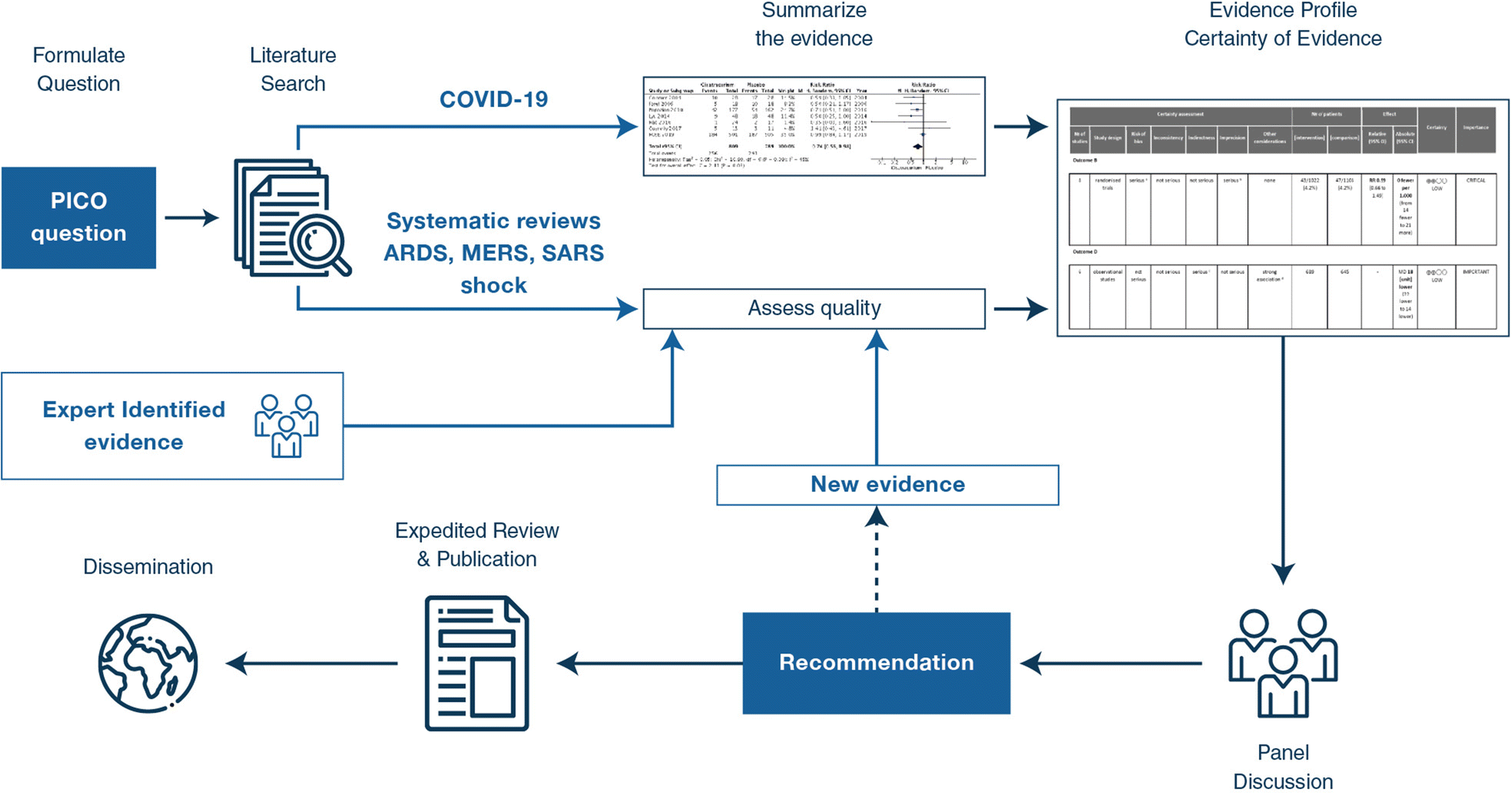- Joined
- Nov 1, 2007
- Messages
- 1,581
- Reaction score
- 1,179
- Points
- 5,391
- Attending Physician
Advertisement - Members don't see this ad
I too am surprised and disappointed that this old science hasn't been pursued more aggressively. That said, I think we will find that it works much better for prevention or early treatment than for already seriously ill cases.
No money from pharmaceutical companies.
On the plus side though, I think this is something that could be set up pretty easily locally comparitively. Get COVID follow up clinics going (and put some out of work surgeons back to work in them!) and get a high rate of plasma donation from those survivors to use on the next set of patients. Agree that ideally would be given early per below
I
This is five patients... I didn’t read the whole article but just the summary didn’t sounds right to me
“Pao2/Fio2 increased within 12 days (range, 172-276 before and 284-366 after). Viral loads also decreased and became negative within 12 days after the transfusion”... like two weeks isn’t the normal time frame for a lot of pts to recover oxygenation and stop shedding viruses?
why did you like this study?
Because of this, I think early treatment would be key, get ahead of the virus and mitigate host response/cytokine storm.






